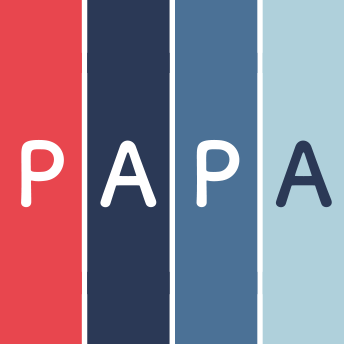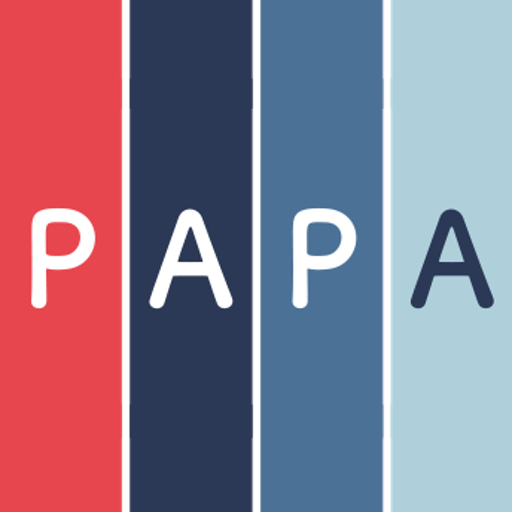Personal Holding Company in Estonia, LEI requirements

What is a personal holding company?
A Personal Holding Company (PHC) is a legal entity in which all shares are fully owned by a single person (the owner), who makes all important decisions for this Personal Holding Company. At the same time, the owner may also perform the function of a managing director, although this is not required according to Estonian legislation.
The advantages of a personal holding company
Residency First
Unlike the change of citizenship, a legal entity can be registered in any country of the world and we highly recommend choosing Estonian jurisdiction (see the benefits below). Registration in another country (not a country of your nationality) allows, in a sense, to choose the legal system or rules of the game by which the company will live and operate. For example, in many countries, including Estonia, companies can carry out commercial activities in the field of cryptocurrencies, which is currently prohibited in some other countries.
Liability
The company (in the case of a private limited company) usually has limited liability. If the personal holding company goes bankrupt, the owner is liable to creditors only to the extent of his share in the authorized capital, of course, if his actions were not aimed at bankruptcy. However, it should be added that bankruptcy of a Personal Holding Company is an unlikely scenario, as it is never recommended to conduct risky activities directly through a Personal Holding Company.
Tax regulations
Taxation is often the most important aspect when choosing a location for business. Before establishing a Personal Holding Company in a particular country, the owner has the opportunity to study in advance different tax systems and choose the one that is most suitable for him, taking into account his characteristics in terms of expected income and expenses. For example, some countries do not tax the income generated by companies from activities outside the country’s borders.
Benefits of using a personal holding company when investing in funds
A holding company that invests in funds can have several benefits, such as:
Diversification
By investing in a fund, the holding company can spread its investments across a range of assets, which can help to reduce risk and volatility in the portfolio.
Professional management
The fund is managed by professional investment managers who have the expertise and resources to make investment decisions on behalf of the holding company. This can free up the time and resources of the holding company to focus on its core business activities.
Access to a range of assets
A fund can provide the holding company with access to a wide range of assets that may not be available to it directly. For example, a holding company may not have the resources to invest directly in real estate, but it can invest in a real estate fund that provides exposure to this asset class.
Liquidity
Investing in a fund can provide the holding company with greater liquidity compared to investing directly in assets. The holding company can purchase and sell fund shares (investment units) on the open market, providing it with the flexibility to adjust its investment portfolio as needed.
Tax benefits
Depending on the jurisdiction and the specific fund structure, there may be tax benefits to investing in a fund. For example, some funds may be structured in a way that allows investors to defer or reduce taxes on their investment returns. Also, the personal holding company has the right to reduce its taxable base for the amount of expenses directly related to its business activities.
More articles with topics related to investment funds are available here.
Benefits of Estonian jurisdiction for personal holding company opening
Electronic services and communication with authorities
LEIpapa recommends to consider establishing a personal holding company in Estonia. The Republic of Estonia is also known as one of the most attractive destinations in Europe for foreign direct investment, due to its phenomenal economic growth and progressive and innovation-friendly business environment, known for its liberal tax system, transparency, and ease of doing business, as well as the creation and implementation of various modern IT solutions and electronic services.
Taxation system
The Republic of Estonia has set a course to attract foreign capital and has an excellent tax system. The company can have funds in any currency (including cryptocurrencies) and easily make international payments.
The peculiarity of the Estonian tax system is that the profits of companies are not taxed in the next tax period (e.g. quarter or year), but only when the net profit is distributed as a dividend. This rule is intended to encourage reinvestment of net profit in business development or asset acquisition instead of the distribution of dividends.
LEI Requirements for holding companies and investment structures
From January 3rd, 2018 all legal entities (regardless of where the legal entity is incorporated, or geographically located), investment companies, and structures involved in buying, selling, or issuing financial instruments on EU-regulated markets are responsible and required to obtain and maintain a Legal Entity Identifier (LEI).
The LEI number is based on the ISO 17442 standard and each LEI number is assigned only to a single Legal Entity on a global basis. The ecosystem, known as the Global LEI System or GLEIS, is maintained and operated by the Global LEI Foundation (GLEIF) based in Switzerland. The ability to issue Legal Entity Identifiers is only awarded to a limited number of organizations after passing a stringent accreditation process.
Markets in Financial Instruments Directive (MiFID II) and the Markets in Financial Instruments Regulation (MiFIR) require mandatory use of LEIs in transaction reporting under the “No LEI No Trade” initiative.
LEIs contribute to financial transparency, helping regulators and organizations gain insights into beneficial ownership structures and detect potential financial misconduct.
LEIpapa is an official Registration Agent of Ubisecure RapidLEI and has been in the business since 2021 guiding its clients through the world of LEI. We offer a professional and secure way to register LEIs for all companies you own or represent. We are here to help legal entities apply for new LEI codes and renew their existing LEIs.
LEIpapa: Your Trusted Partner in LEI Registration
Why Choose LEIpapa for LEI registration?
Expert Guidance: Our team of seasoned professionals is here to guide you every step of the way, ensuring that your LEI registration is done right the first time.
Swift and Simple Process: We’ve streamlined our procedures to provide you with a quick and straightforward registration experience.
Global Compliance: With LEIpapa, you can be confident that your LEI registration adheres to all global regulatory requirements, keeping you compliant and secure.
How to Register an LEI with LEIpapa?
Easy Online Application: Start your LEI registration journey by filling out our simple online application. It’s fast, user-friendly, and can be completed in just a few minutes.
Support at Every Step: Our dedicated customer support team is always on hand to assist you with any queries or guidance you may need throughout the process.
Does LEIpapa have a community?
At LEIpapa, we understand the importance of a Legal Entity Identifier (LEI) in today’s interconnected global economy, and we’re committed to making your registration process as smooth and hassle-free as possible. Visit LEIpapa web app or contact us to start your LEI registration today.
Featured photo by Marlene Leppänen

